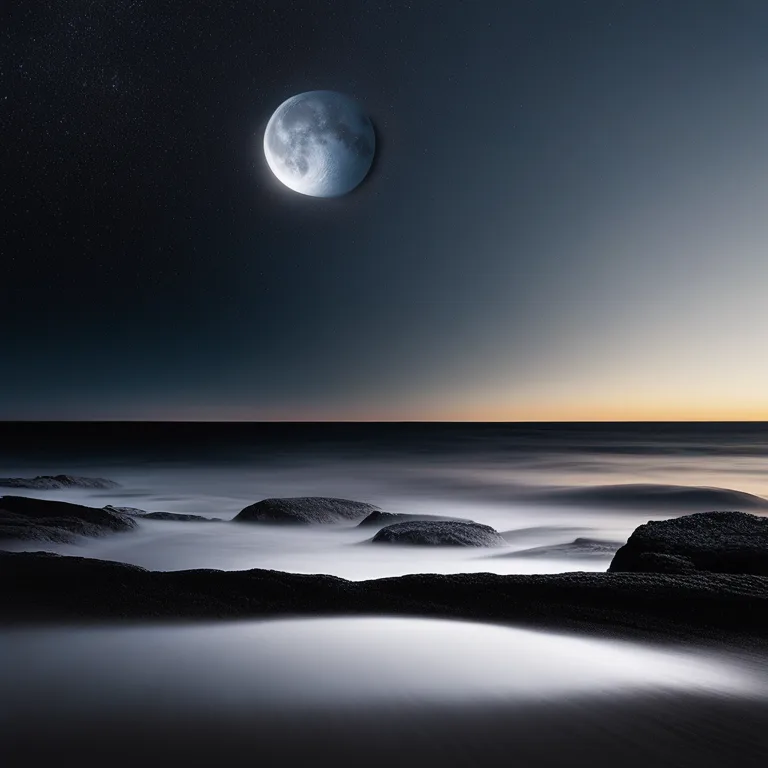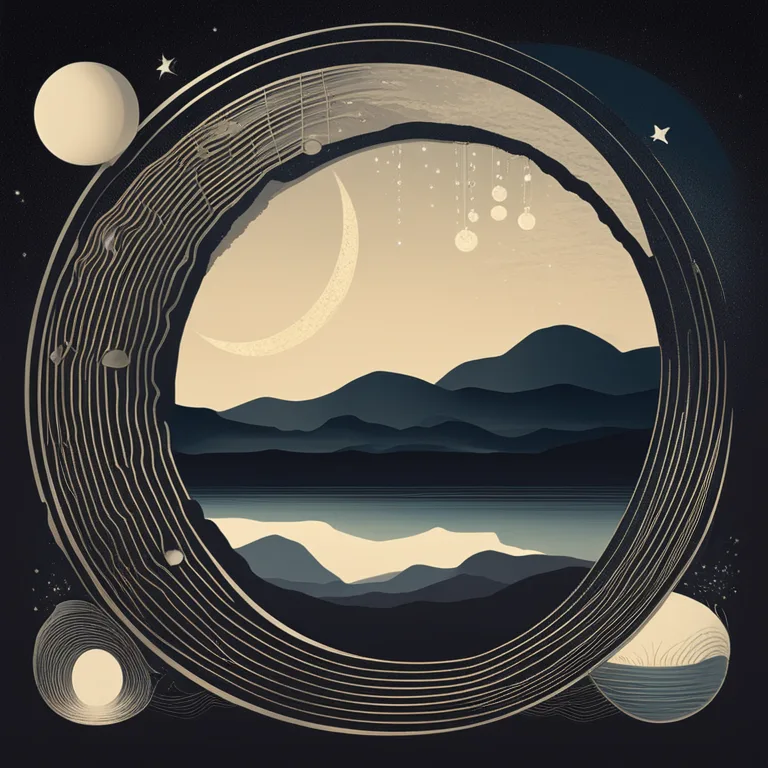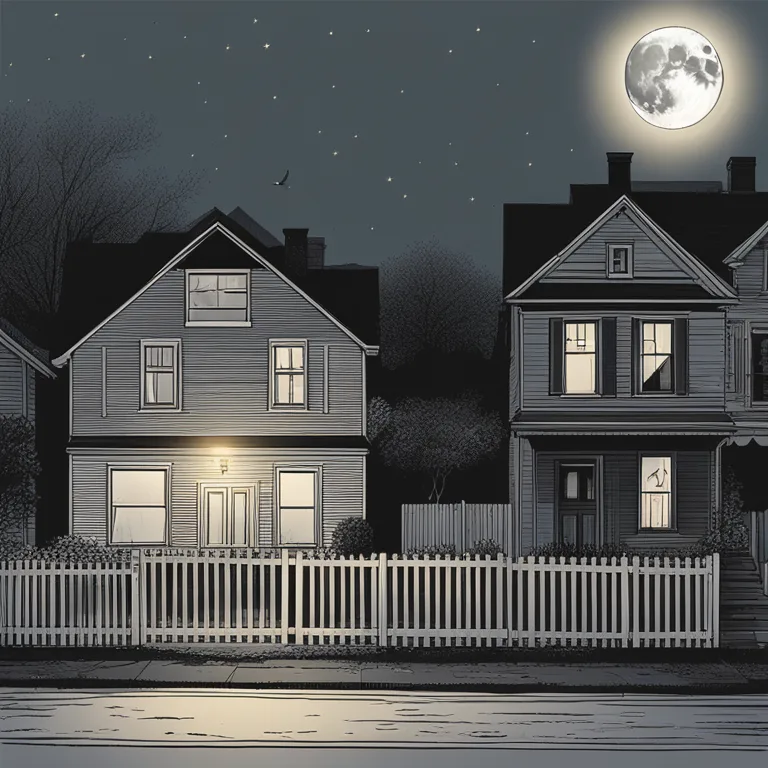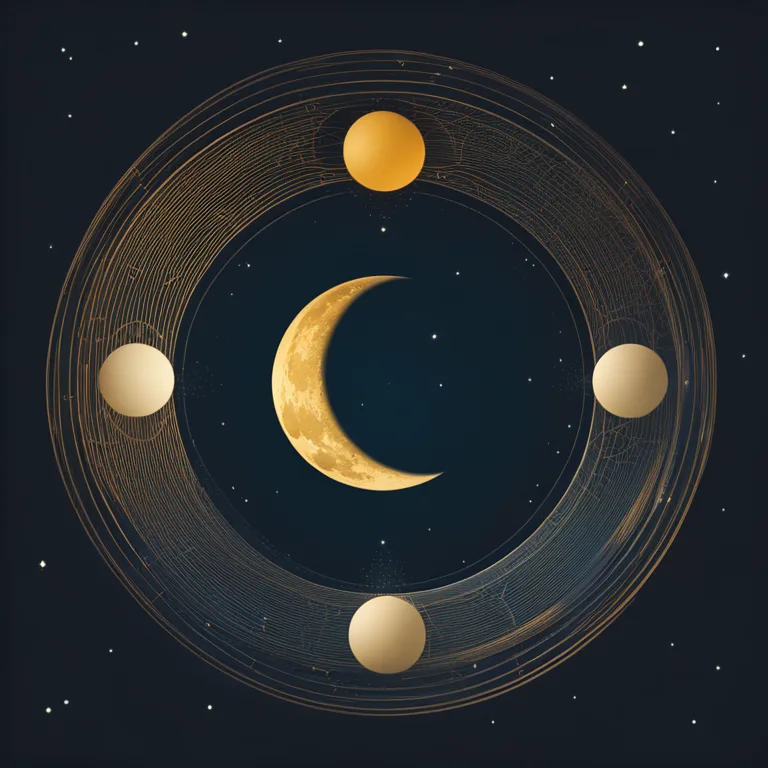
Moon Phases & Sleep Patterns
Discover how lunar cycles may influence your rest and sleeping habits through the lens of modern sleep science and ancient beliefs.
article by Priya Deshmukh
Moon's Cycle: A Sleep Influencer?
Many people report that their sleep patterns ebb and flow with the lunar cycle—a phenomenon supported by both myth and, more recently, science. Folklore and astrological traditions have long suggested that the celestial dance between Earth and its satellite plays a crucial role in human behavior and physiology, particularly when it comes to restfulness at night. Scientific studies have begun to unearth evidence that our so-called circalunar rhythms could indeed be sensitive to the phases of the moon, although the mechanisms behind these observations remain largely mysterious.

Full Moon: A Culprit for Restlessness
During the full moon, anecdotal experiences often paint a picture of restlessness and diminished sleep quality. Some theories propose that increased brightness at night might have historically disrupted sleep, but modern-day electrical lighting dims this argument. However, researchers speculate that our internal body clocks might retain a memory of sorts, echoing a time when moonlight was the predominant after-dark illuminator. Intriguingly, some studies show that people take longer to fall asleep and experience less deep sleep around the time of a full moon.

New Moon: A Sigh of Relief for Sleep
In contrast, the new moon, when the night sky can be pitch black, has been associated with a more profound tranquility. Astrologers often interpret the new moon as a period of new beginnings and introspection, which could theoretically promote a more restful night's sleep. Scientifically, the absence of moonlight could potentially enhance melatonin production, the hormone responsible for regulating sleep, thus favoring a more recuperative slumber. Whether this effect is pronounced enough to notice in our modern, often over-lit world, is up for debate.

Waxing and Waning: The Sleep Connection
Astrologically, the waxing moon—growing fuller each night—represents a time of accumulation and growth, which some believe could contribute to more restless energy interfering with sleep. Conversely, the waning moon, diminishing nightly, might reflect a time of release and easing, potentially conducive to better rest. While these notions are certainly poetic and resonate with astrological enthusiasts, empirical studies have yet to firmly establish a connection between these intermediate phases and changes in sleep quality.

The Tides of Your Body: Lunar Rhythms
Just as the moon's gravitational pull dictates the tides, so might it sway the internal 'tides' of our body, according to some theories. Human beings are composed mostly of water, and it is speculated that the moon could have subtle effects on bodily fluids, potentially impacting our sleep-wake cycles, much like it does the oceans. While this idea is quite speculative, research into circalunar rhythms could one day reveal corroborating evidence.
Biorhythm and Lunar Cycles: A 2024 Perspective
Moving forward, as we peer into the astrological forecast for 2024 and beyond, we find that understanding the moon's impact on biorhythms is a growing area of interest. Technologies and methodologies for measuring the effects of lunar cycles on sleep are advancing. Whether for sheer curiosity or the pursuit of improved sleep hygiene, exploring how the wax and wane of the moon impacts our nocturnal rest remains a captivating intersection of science and mysticism.
Published: 12/22/2023
Modified: 12/22/2023
More predictions
Come back here soon to learn more about yourself and your future


Moon Phases and Soulmate Connection
Discover how lunar cycles may influence soulmate encounters and the intertwining of destinies.


Numerology: Daily Insights
Discover the impact of numerology on your daily life with our insightful guide to harnessing the power of numbers for personal growth and decision-making.


Moon Phases & Soulmate Connections
Discover how lunar cycles may influence your search for a soulmate and deepen romantic bonds in this celestial guide.